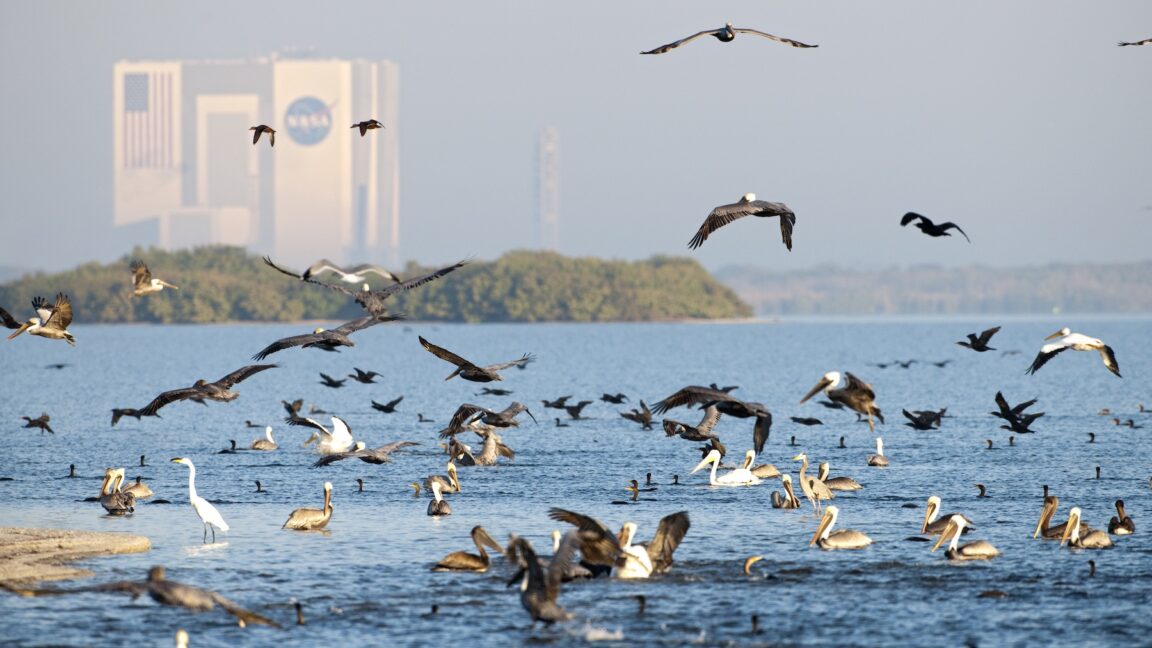Donald Trump has been meddling with Intel, which now apparently includes mulling "the possibility of the US government taking a financial stake in the troubled chip maker," The Wall Street Journal reported.
Trump and Intel CEO Lip-Bu Tan weighed the option during a meeting on Monday at the White House, people familiar with the matter told WSJ. These talks have only just begun—with Intel branding them a rumor—and sources told the WSJ that Trump has yet to iron out how the potential arrangement might work.
The WSJ's report comes after Trump called for Tan to "resign immediately" last week. Trump's demand was seemingly spurred by a letter that Republican senator Tom Cotton sent to Intel, accusing Tan of having "concerning" ties to the Chinese Communist Party.
Cotton accused Tan of controlling "dozens of Chinese companies" and holding a stake in "hundreds of Chinese advanced-manufacturing and chip firms," at least eight of which "reportedly have ties to the Chinese People’s Liberation Army."
Further, before joining Intel, Tan was CEO of Cadence Design Systems, which recently "pleaded guilty to illegally selling its products to a Chinese military university and transferring its technology to an associated Chinese semiconductor company without obtaining license."
"These illegal activities occurred under Mr. Tan’s tenure," Cotton pointed out.
He demanded answers by August 15 from Intel on whether they weighed Tan's alleged Cadence conflicts of interest against the company's requirements to comply with US national security laws after accepting $8 billion in CHIPS Act funding—the largest granted during Joe Biden's term. The senator also asked Intel if Tan was required to make any divestments to meet CHIPS Act obligations and if Tan has ever disclosed any ties to the Chinese government to the US government.
Neither Intel nor Cotton's office responded to Ars' request to comment on the letter or confirm whether Intel has responded.
But Tan has claimed that there is "a lot of misinformation" about his career and portfolio, the South China Morning Post reported. Born in Malaysia, Tan has been a US citizen for 40 years after finishing postgraduate studies in nuclear engineering at the Massachusetts Institute of Technology.
In an op-ed, SCMP reporter Alex Lo suggested that Tan's investments—which include stakes in China's largest sanctioned chipmaker, SMIC, as well as "several" companies on US trade blacklists, SCMP separately reported—seem no different than other US executives and firms with substantial investments in Chinese firms.
"Cotton accused [Tan] of having extensive investments in China," Lo wrote. "Well, name me a Wall Street or Silicon Valley titan in the past quarter of a century who didn’t have investment or business in China. Elon Musk? Apple? BlackRock?"
He also noted that "numerous news reports" indicated that "Cadence staff in China hid the dodgy sales from the company’s compliance officers and bosses at the US headquarters," which Intel may explain to Cotton if a response comes later today.
Any red flags that Intel's response may raise seems likely to heighten Trump's scrutiny, as he looks to make what Reuters reported was yet another "unprecedented intervention" by a president in a US firm's business. Previously, Trump surprised the tech industry by threatening the first-ever tariffs aimed at a US company (Apple) and more recently, Trump struck an unusual deal with Nvidia and AMD that gives US a 15 percent cut of the firms' revenue from China chip sales.
However, Trump was seemingly impressed by Tan after some face-time this week. Trump came out of their meeting professing that Tan has an "amazing story," Bloomberg reported, noting that any agreement between Trump and Tan "would likely help Intel build out" its planned $28 billion chip complex in Ohio.
Those chip fabs—boosted by CHIPS Act funding—were supposed to put Intel on track to launch operations by 2030, but delays have set that back by five years, Bloomberg reported. That almost certainly scrambles another timeline that Biden's Commerce Secretary Gina Raimondo had suggested would ensure that "20 percent of the world’s most advanced chips are made in the US by the end of the decade."
Why Intel may be into Trump’s deal
At one point, Intel was the undisputed leader in chip manufacturing, Bloomberg noted, but its value plummeted from $288 billion in 2020 to $104 billion today. The chipmaker has been struggling for a while—falling behind as Nvidia grew to dominate the AI chip industry—and 2024 was its "first unprofitable year since 1986," Reuters reported. As the dismal year wound down, Intel's longtime CEO Pat Gelsinger retired.
Helming Intel for four years, Gelsinger acknowledged the "challenging year." Now Tan is expected to turn it around. To do that, he may need to deprioritize the manufacturing process that Gelsinger pushed, which Tan suspects may have caused Intel being viewed as an outdated firm, anonymous insiders told Reuters. Sources suggest he's planning to pivot Intel to focus more on "a next-generation chipmaking process where Intel expects to have advantages over Taiwan’s TSMC," which currently dominates chip manufacturing and even counts Intel as a customer, Reuters reported. As it stands now, TSMC "produces about a third of Intel’s supply," SCMP reported.
This pivot is supposedly how Tan expects Intel can eventually poach TSMC's biggest customers like Apple and Nvidia, Reuters noted.
Intel has so far claimed that any discussions of Tan's supposed plans amount to nothing but speculation. But if Tan did go that route, one source told Reuters that Intel would likely have to take a write-off that industry analysts estimate could trigger losses "of hundreds of millions, if not billions, of dollars."
Perhaps facing that hurdle, Tan might be open to agreeing to the US purchasing a financial stake in the company while he rights the ship.
Trump/Intel deal reminiscent of TikTok deal
Any deal would certainly deepen the government's involvement in the US chip industry, which is widely viewed as critical to US national security.
While unusual, the deal does seem somewhat reminiscent to the TikTok buyout that the Trump administration has been trying to iron out since he took office. Through that deal, the US would acquire enough ownership divested from China-linked entities to supposedly appease national security concerns, but China has been hesitant to sign off on any of Trump's proposals so far.
Last month, Trump admitted that he wasn't confident that he could sell China on the TikTok deal, which TikTok suggested would have resulted in a glitchier version of the app for American users. More recently, Trump's commerce secretary threatened to shut down TikTok if China refuses to approve the current version of the deal.
Perhaps the terms of a US deal with Intel could require Tan to divest certain holdings that the US fears compromises the CEO. Under terms of the CHIPS Act grant, Intel is already required to be "a responsible steward of American taxpayer dollars and to comply with applicable security regulations," Cotton reminded the company in his letter.
But social media users in Malaysia and Singapore have criticized Cotton of the "usual case of racism" in attacking Intel's CEO, SCMP reported. They noted that Cotton "was the same person who repeatedly accused TikTok CEO Shou Zi Chew of ties with the Chinese Communist Party despite his insistence of being a Singaporean," SCMP reported.
"Now it’s the Intel’s CEO’s turn on the chopping block for being [ethnic] Chinese," a Facebook user, Michael Ong, said.
Tensions were so high that there was even a social media push for Tan to "call on Trump’s bluff and resign, saying 'Intel is the next Nokia' and that Chinese firms would gladly take him instead," SCMP reported.
So far, Tan has not criticized the Trump administration for questioning his background, but he did issue a statement yesterday, seemingly appealing to Trump by emphasizing his US patriotism.
"I love this country and am profoundly grateful for the opportunities it has given me," Tan said. "I also love this company. Leading Intel at this critical moment is not just a job—it’s a privilege."
Trump’s Intel attacks rooted in Biden beef?
In his op-ed, SCMP's Lo suggested that "Intel itself makes a good punching bag" as the biggest recipient of CHIPS Act funding. The CHIPS Act was supposed to be Biden's lasting legacy in the US, and Trump has resolved to dismantle it, criticizing supposed handouts to tech firms that Trump prefers to strong-arm into US manufacturing instead through unpredictable tariff regimes.
"The attack on Intel is also an attack on Trump’s predecessor, Biden, whom he likes to blame for everything, even though the industrial policies of both administrations and their tech war against China are similar," Lo wrote.
At least one lawmaker is ready to join critics who question if Trump's trade war is truly motivated by national security concerns. On Friday, US representative Raja Krishnamoorthi (D.-Ill.) sent a letter to Trump "expressing concern" over Trump allowing Nvidia to resume exports of its H20 chips to China.
"Trump’s reckless policy on AI chip exports sells out US security to Beijing," Krishnamoorthi warned.
"Allowing even downgraded versions of cutting-edge AI hardware to flow" to the People's Republic of China (PRC) "risks accelerating Beijing’s capabilities and eroding our technological edge," Krishnamoorthi wrote. Further, "the PRC can build the largest AI supercomputers in the world by purchasing a moderately larger number of downgraded Blackwell chips—and achieve the same capability to train frontier AI models and deploy them at scale for national security purposes."
Krishnamoorthi asked Trump to send responses by August 22 to four questions. Perhaps most urgently, he wants Trump to explain "what specific legal authority would allow the US government to "extract revenue sharing as a condition for the issuance of export licenses" and what exactly he intends to do with those funds.
Trump was also asked to confirm if the president followed protocols established by Congress to ensure proper export licensing through the agreement. Finally, Krishnamoorthi demanded to know if Congress was ever "informed or consulted at any point during the negotiation or development of this reported revenue-sharing agreement with NVIDIA and AMD."
"The American people deserve transparency," Krishnamoorthi wrote. "Our export control regime must be based on genuine security considerations, not creative taxation schemes disguised as national security policy."
Read full article
Comments
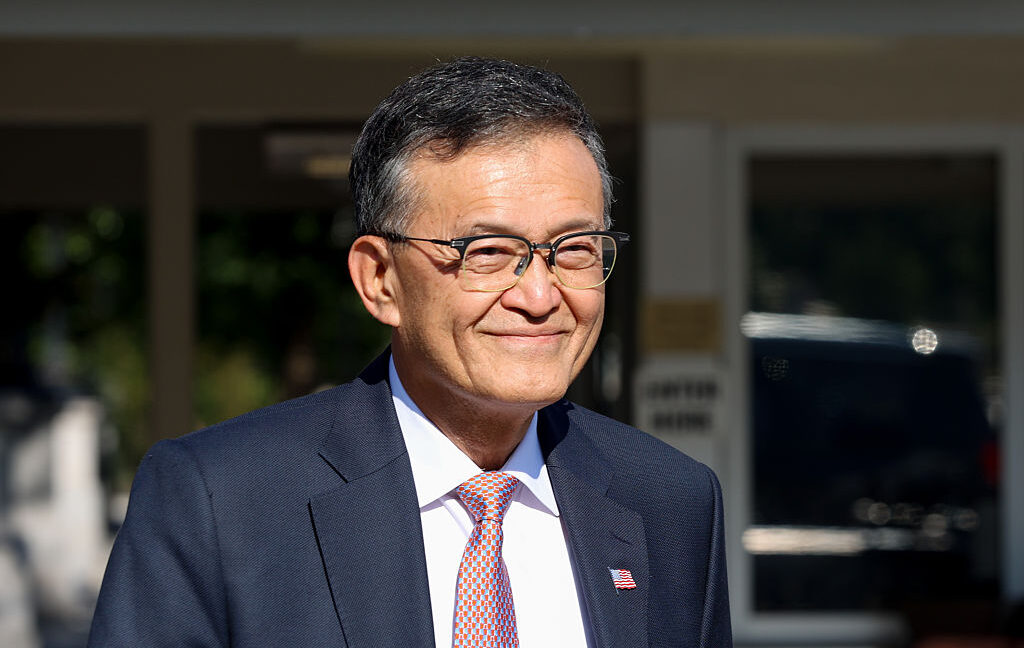
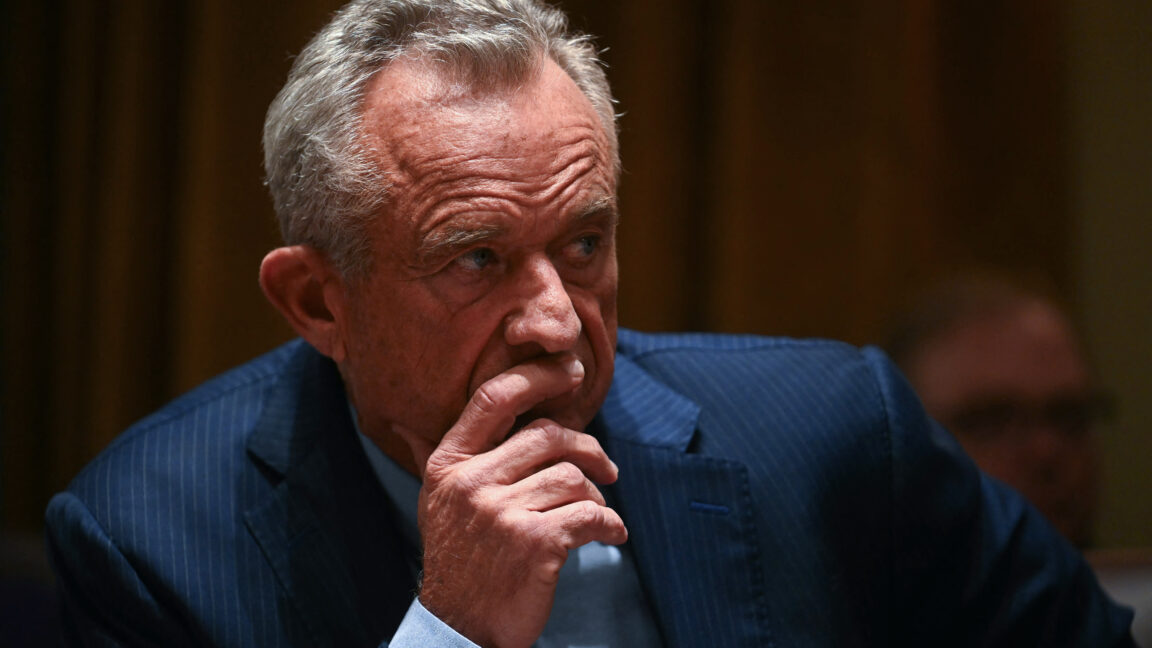

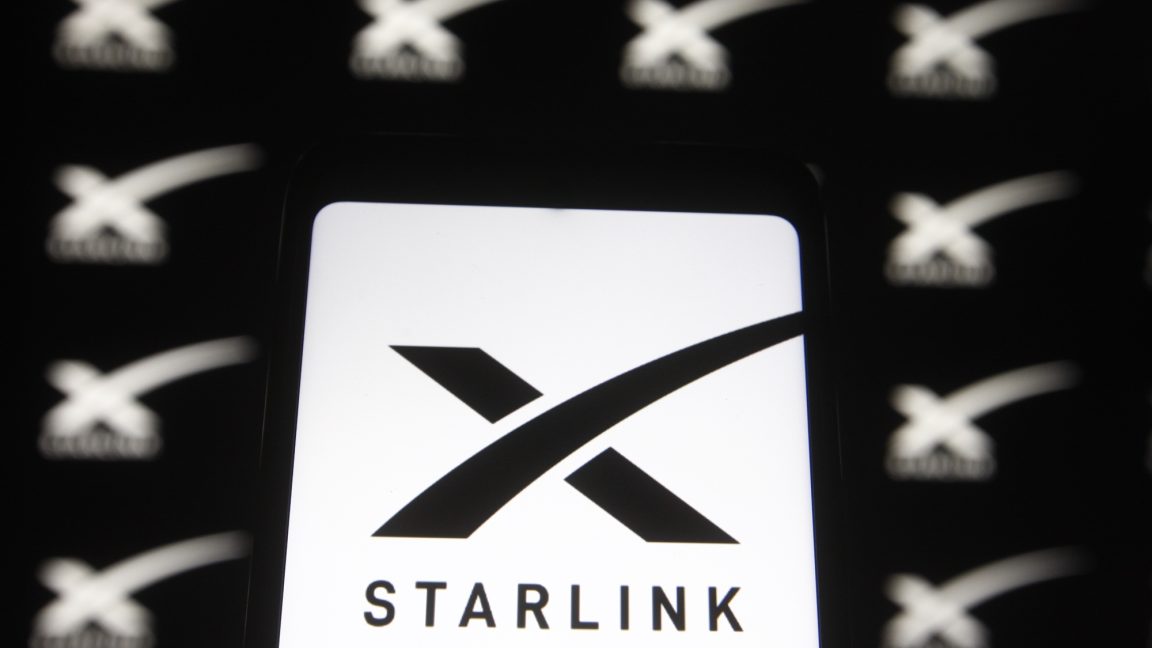
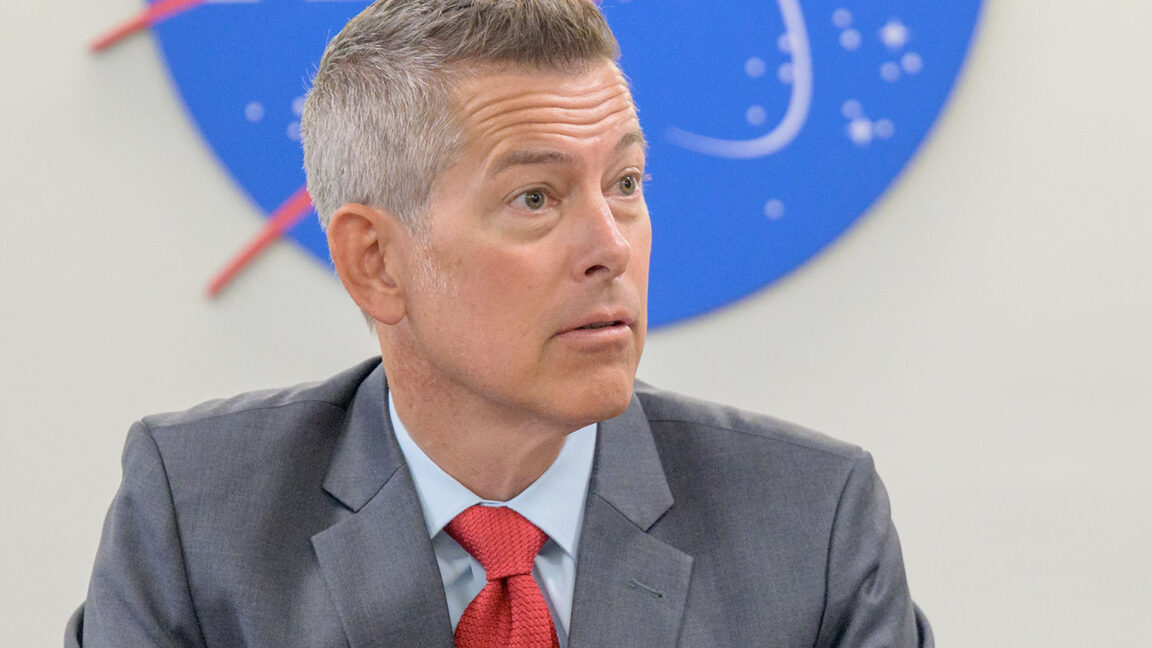

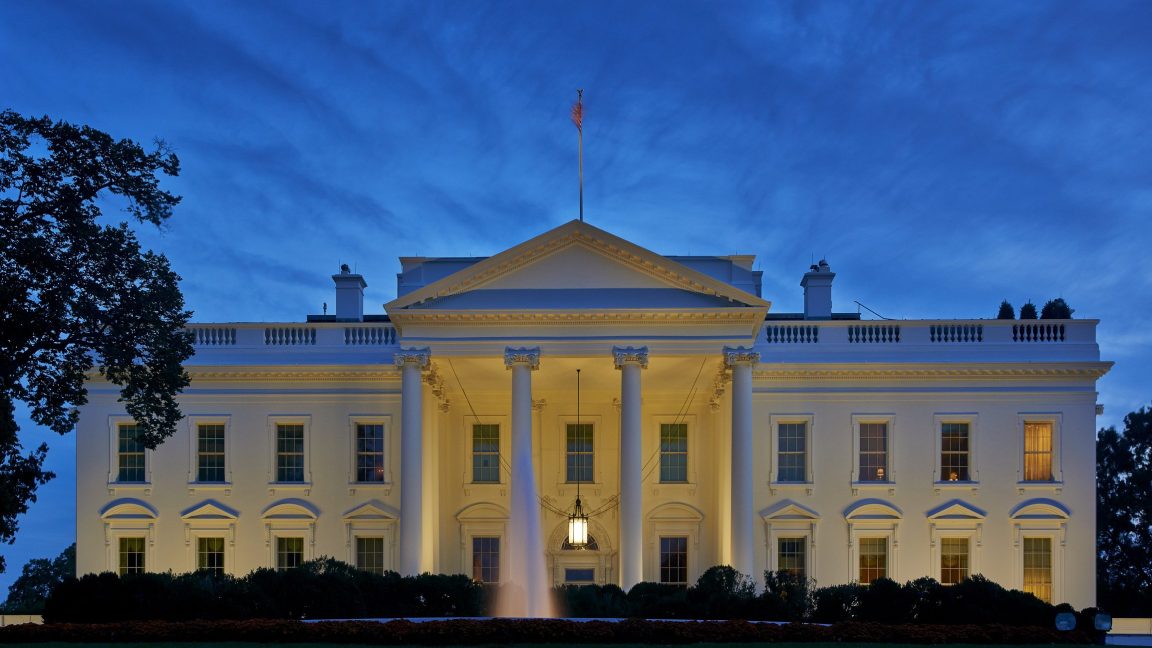
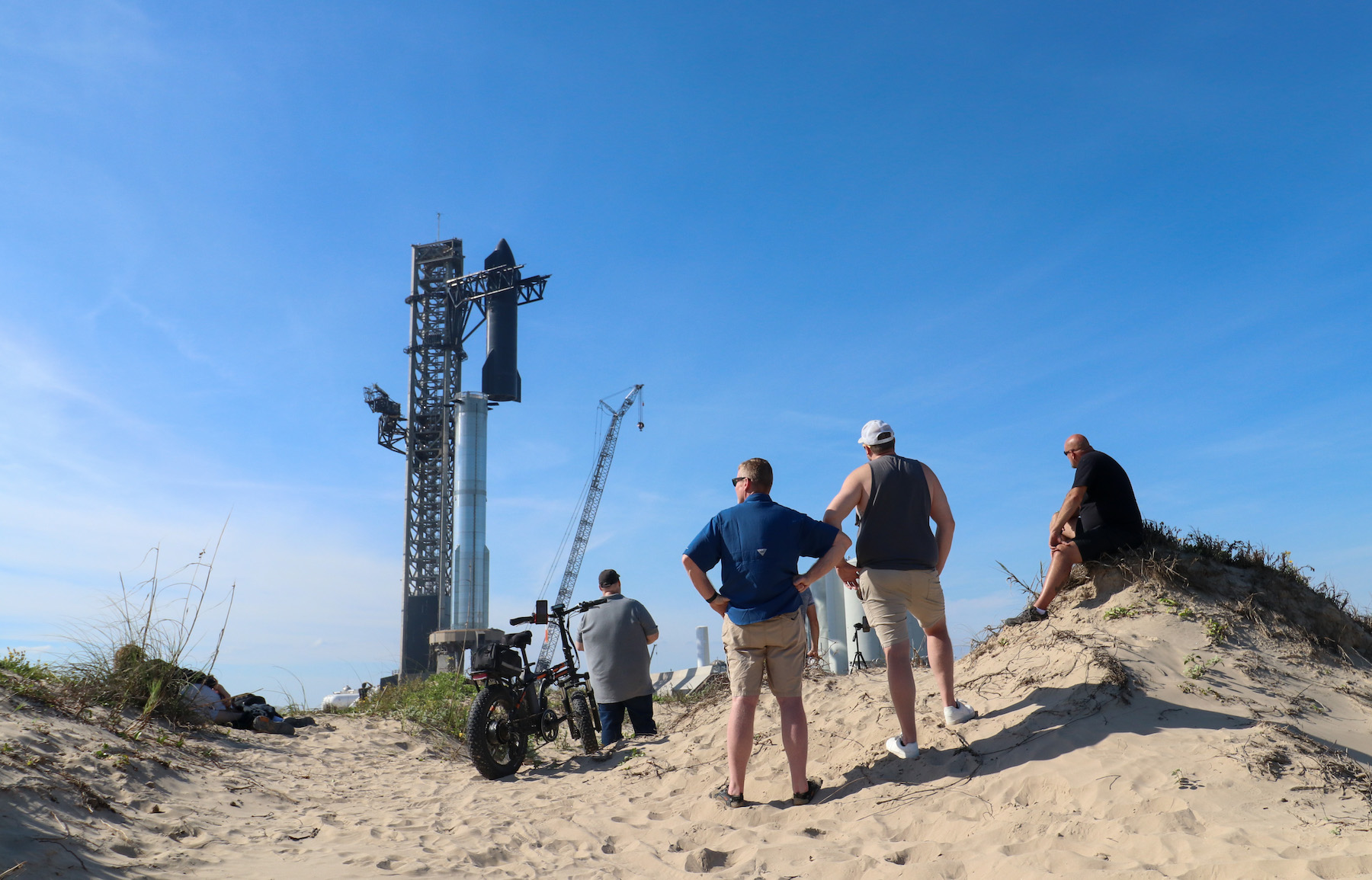 Onlookers watch from nearby sand dunes as SpaceX prepares a Starship rocket for launch from Starbase, Texas.
Credit:
Stephen Clark/Ars Technica
Onlookers watch from nearby sand dunes as SpaceX prepares a Starship rocket for launch from Starbase, Texas.
Credit:
Stephen Clark/Ars Technica
